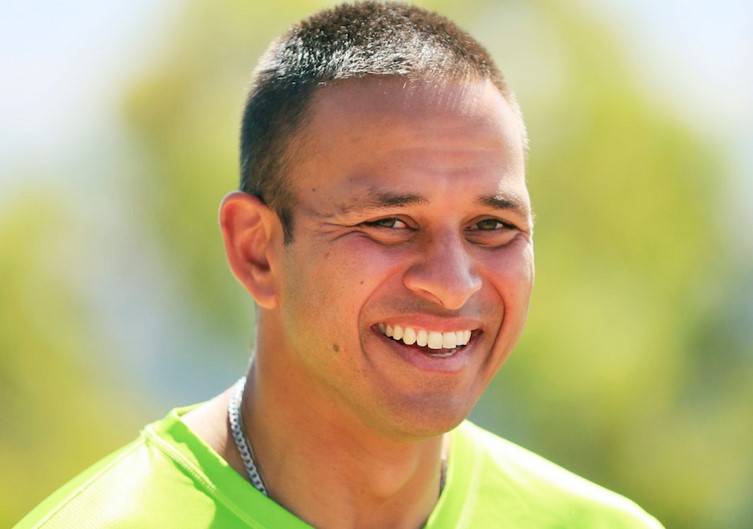Easy to say no to Pakistan, says Usman Khawaja

Stay tuned with 24 News HD Android App

Australian batsman Usman Khawaja said it is comparatively easier for teams to pull out from Pakistan and Bangladesh tours citing security reasons.
The left-hander said teams would not withdraw from tours to India because the ‘money talks’.
Khawaja's comments came after New Zealand and England withdrew from their tours to Pakistan recently.
New Zealand Cricket were forced to leave Pakistan after their government issued a security alert hours before the start of the first ODI at Rawalpindi. A few days later, England too called off their tour to Pakistan but in this case, security was not one of the major reasons. ECB said players' mental health due to all the recent developments was one of the main reasons behind the pullout.
"I feel it's very easy for players and organisations to say no to Pakistan, because it's Pakistan," Khawaja said in Brisbane.
“I think the same thing would apply too, if it were Bangladesh. But nobody would say no to India, if they're in the same situation. Money talks, we all know that, and that's probably a big part of it,” Khawaja, who was born in Pakistan but moved to Australia at the age of five, said.
The stylish left-hander, who has played in the recent editions of the Pakistan Super League (PSL), said there was no reason why teams shouldn't travel to Pakistan. "They keep proving time and time again through their tournaments that they're a safe place to play cricket. I think there's no reason why we shouldn't go back," he said.
Khawaja, who has represented Australia in 44 Tests, 40 ODIs and 9 T20Is, vouched for the security arrangements in Pakistan and said even the overseas players who are participating in the PSL, are satisfied with the facilities.
"There's a lot of security. Heavy, heavy security," he said. "I've heard nothing but reports about people feeling safe. Even talking to the guys during the PSL about what it's like ... they would say the same thing to me 'like 10 years ago, maybe not, but now 100 percent'," he said.
